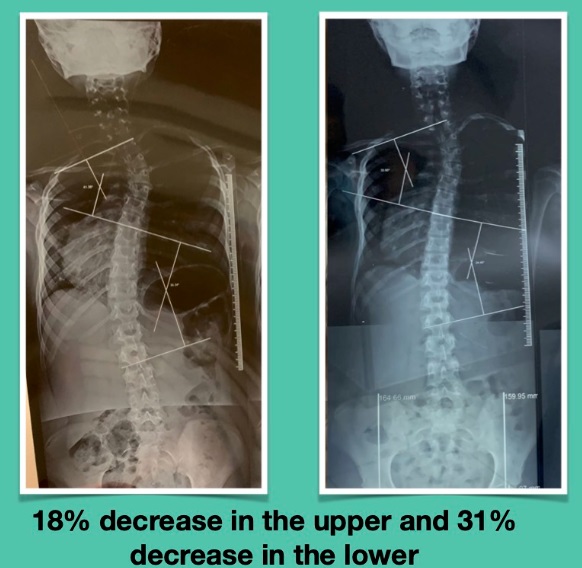A Day With Orthopaedic Surgeons: An Osteopath’s Perspective
As an osteopath, I approach the human body with a deep respect for its intricate balance and ability to heal. Recently, I had the unique opportunity to shadow an orthopaedic surgical department for a day, and it was an eye-opening experience that challenged my perceptions of surgical medicine.
Going in, I expected the environment to be extremely clinical and high-tech, but what I witnessed was a blend of learned human skill, knowledge, and hand precision. The surgeons used screws, drills, and saws—tools you might find in a carpentry workshop, and in many respects, the job of the orthopeadic surgeon is a lot like carpentry. One of the surgeons even mentioned that the body is more forgiving than wood because it has the remarkable ability to grow back. This comment struck a chord with me and underscored the body's resilience, something I see daily in my osteopathic practice.
The surgical team was incredibly professional, with a noticeable difference in how they approached routine surgeries versus trauma cases. In routine procedures, like a knee arthroscopy and a total knee replacement, the team worked seamlessly, almost like a well-rehearsed orchestra. The lead surgeon, his registrar, a team of nurses, and the anesthetist all moved in unison, efficiently operating at a specific time.
However, when it came to trauma repairs, such as fixing a fractured clavicle or a shoulder with multiple fractures of the humerus, the dynamic shifted. These surgeries required more time, careful consideration, and problem-solving. One of the highlights for me was seeing the use of real-time X-rays to guide the placement of screws over a fracture site. The precision was impressive, as the team worked meticulously to ensure that the shoulder would retain its full range of motion after the surgery.
Before each surgery, the lead surgeon held a team meeting. Introductions were made, especially since the anesthetic teams rotate between surgeries and don’t always know each other. Each case was discussed in detail, ensuring everyone was on the same page before the patient went under. This level of preparation was fascinating and highlighted the importance of teamwork in such high-stakes situations.
One of the most striking differences between osteopathy and surgery became evident during the total knee replacement. The patient had multiple comorbidities, including obesity, diabetes, and significant bunions, all of which likely contributed to the rapid deterioration of the knee joint. When I pointed this out to the surgeon, he acknowledged it but remarked that his job was simply to replace the parts that had worn out. This interaction illuminated the contrasting approaches of our fields. As an osteopath, I would aim to address the underlying factors that led to the surgery or could impact recovery. Surgeons, on the other hand, focus on the immediate mechanical fix. Seeing it in action and hearing the surgeon’s perspective helped me understand that as much as they might want to help in that regard, it simply isn’t part of their job.
My day in the orthopaedic theatre was a powerful reminder of the body's strength and resilience. Watching the surgeons use mallets, saws, and screws, I couldn’t help but marvel at how well the body recovers from such interventions. It’s a lot stronger than we often give it credit for, and its power to heal is immense.
This experience deepened my appreciation for the complementary role that osteopathy can play both before and after surgery. While a surgeon's tools and training allow them to do amazing things to and with our bodies, the ultimate goal is the same: to restore function and improve the quality of life for our patients.
Many thanks to consultant surgeon Mr Oliver Donaldson and his team at Yeovil Hospital, UK.


